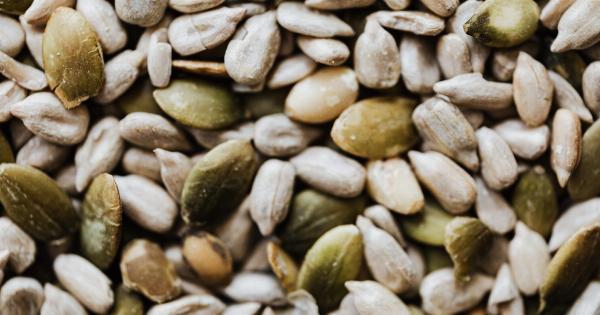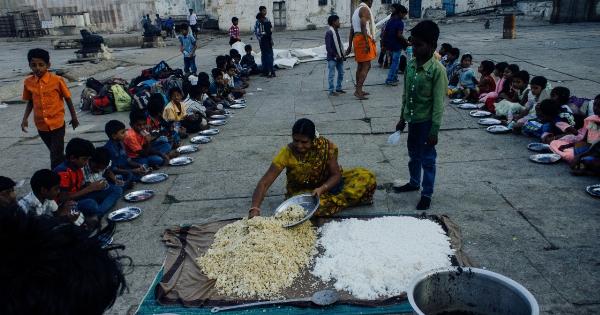Many people around the world are turning towards rough food and natural cooking methods for a healthier lifestyle.
While there are numerous benefits of consuming raw veggies and fruits, recent scientific research has shed light on the adverse effects of phthalates present in rough food. In this article, we will discuss the discoveries from new scientific research on rough food and phthalates and how it affects our health.
What is Rough Food?
Rough food refers to vegetables and fruits that are consumed raw or minimally cooked, preserving their natural enzymes and nutrients.
Rough food is also known as a “living food” as it is not subjected to any heat or processing that can alter their natural composition. Rough food enthusiasts claim that natural food benefits our physical, emotional, and spiritual well-being and significantly improves our quality of life.
What are Phthalates?
Phthalates (pronounced “thal-ates”) are a group of chemicals that are added to plastics to make them more flexible and durable.
Phthalates are ubiquitous in our environment and are found in various consumer products like PVC flooring, shower curtains, toys, and food packaging. In rough food, phthalates are present in the form of plastic packaging, storage containers, and utensils that can leach into food and drinks.
Discoveries from Scientific Research on Rough Food and Phthalates
Recent scientific research has highlighted the presence of phthalates in rough food and their adverse effects on our health. Below are some discoveries:.
: Phthalates can disrupt Hormonal Balance
Phthalates are known to mimic the female hormone estrogen and can disrupt the hormonal balance of the human body.
Studies have shown that phthalates exposure can cause breast cancer, reduced male fertility, and reproductive disorders in both males and females. Rough food enthusiasts who consume raw veggies and fruits packed in PVC plastic or store them in plastic containers are at high risk of phthalates exposure, leading to hormonal imbalances in the body.
: Phthalates can damage Heart and Kidneys
Some studies have shown that phthalate exposure can damage our vital organs and lead to cardiovascular diseases, hypertension, and kidney damage.
Rough food enthusiasts who consume fruits and veggies packed in plastic can develop high levels of phthalates in their bodies, leading to severe health consequences.
: Phthalates can harm Children
Children are more susceptible to phthalate exposure as their organs are still developing, and they consume more food per unit of body weight than adults.
Studies have shown that phthalates exposure can cause developmental delays, mental disorders, and obesity in children. Rough food parents who use plastic storage containers to store raw veggies and fruits for their children can expose them to harmful phthalates, leading to severe health issues.
: Phthalates can cause Allergies
Phthalates are also known to trigger allergic reactions like asthma, skin rashes, and eczema. Rough food enthusiasts who consume rough veggies and fruits packed in plastic can develop allergic reactions due to phthalates exposure.
: Phthalates can cause Cancer
Studies have shown that phthalate exposure can cause cancer in humans, especially breast cancer.
Rough food enthusiasts who consume raw veggies and fruits packed in PVC plastic or store them in plastic containers can develop cancer due to high phthalate exposure.
Conclusion
The above scientific research has highlighted the adverse effects of phthalates on our health and the risks associated with rough food consumption.
Rough food enthusiasts should take necessary precautions to reduce their exposure to phthalates by avoiding rough food that is packed in plastic or stored in plastic containers and refrigerators. Switching to stainless steel, glass, or ceramic storage containers can significantly reduce phthalate exposure and preserve the natural enzymes and nutrients of rough food.































